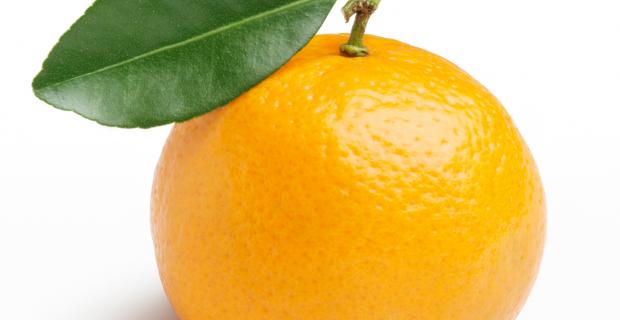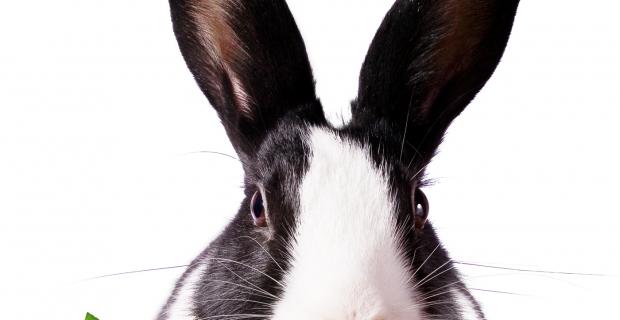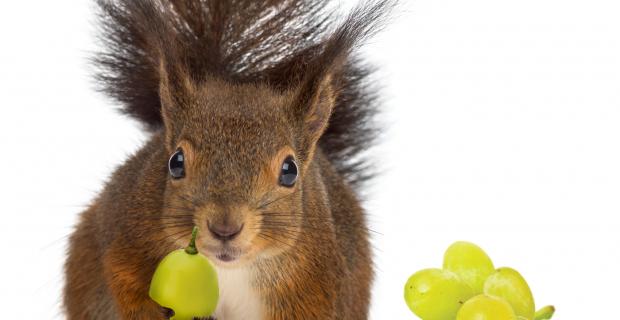Abundant California Educational Resources
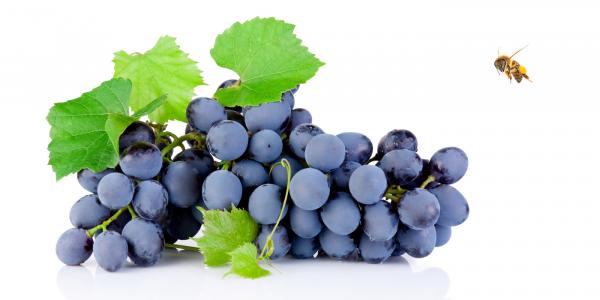
Whether ingredients come from the garden or a local farm, the story of our food reveals connections among many different people and other living beings, each dependent on the others. Abundant California lessons highlight popular California crops and phases in the food system, including growing, harvesting, seed production, processing, storing, transporting, marketing, and eating. These lessons and engaging hands-on activities illuminate the story of how our food gets from the field to our plate and who helped it get there.
Abundant California lessons are connected to California education standards, including Next Generation Science Standards (NGSS), the History–Social Science Content Standards for California Public Schools, and Common Core State Standards (CCSS). A time of year is suggested for each lesson to ensure each crop is showcased during its peak season. Whether taught individually or together, these lessons will spark curiosity and give students a solid understanding of popular crops grown in California and their place in the story of the food system.
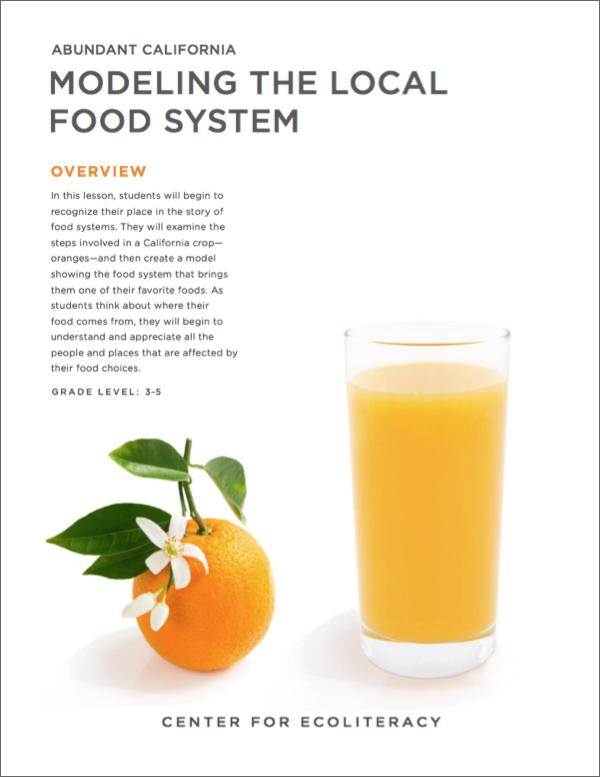
Modeling the Local Food System
Students examine the steps involved in producing California oranges, and create a model showing the food system that brings them one of their favorite foods. They begin to understand and appreciate the people and places affected by their food choices.
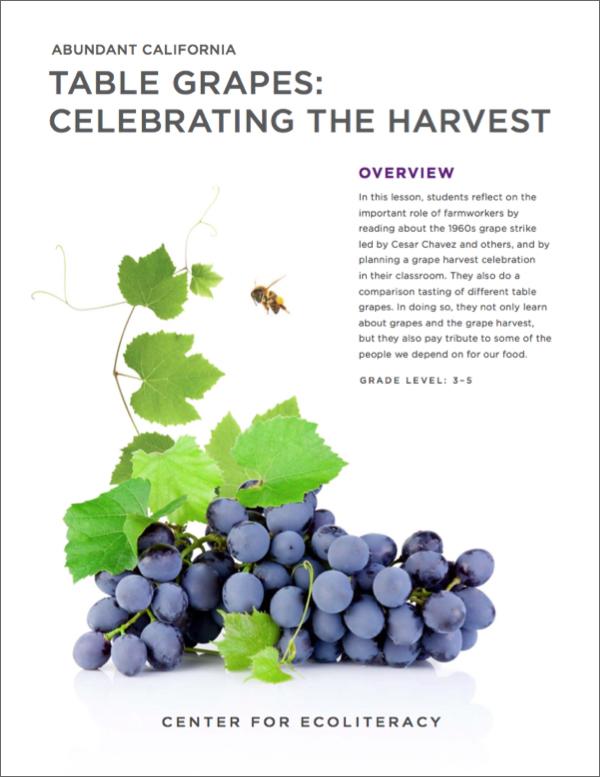
Grapes: Celebrating the Harvest
Students reflect on the important role of farmworkers in the 1960s grape strike led by Cesar Chavez and others and plan a grape harvest celebration, paying tribute to some of the people we depend on for our food.
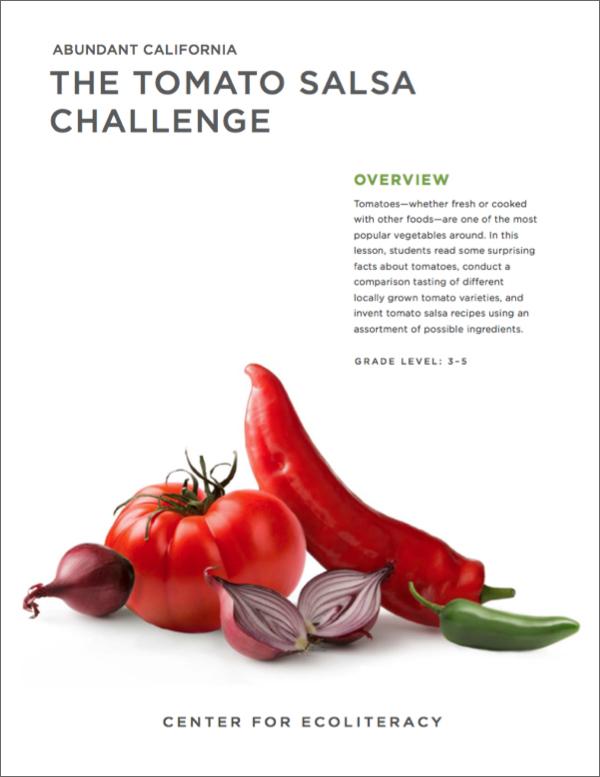
The Tomato Salsa Challenge
Students learn surprising facts about California tomatoes and extend their learning through comparison tasting and a hands-on tomato salsa challenge.
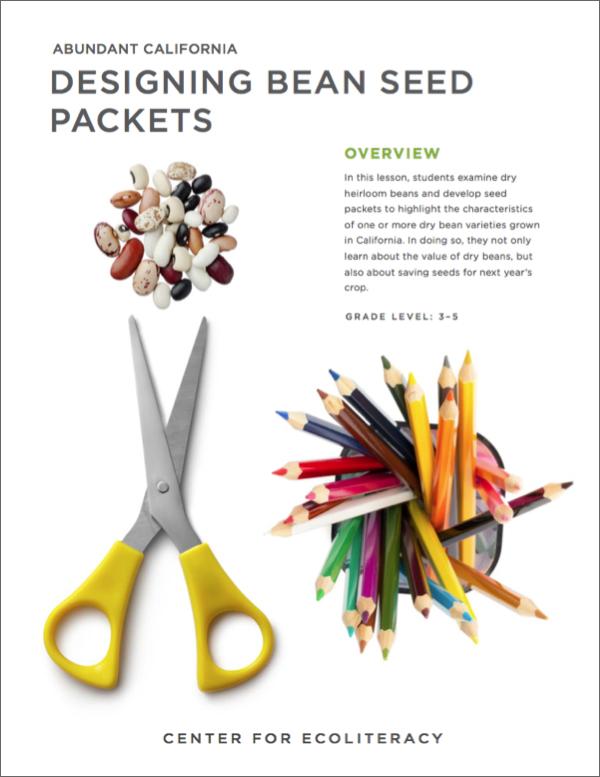
Designing Bean Seed Packets
Students examine dry heirloom beans and develop seed packets to highlight the characteristics of one or more dry bean varieties grown in California, learning the value of dry beans and the importance of saving seeds for next year’s crops.
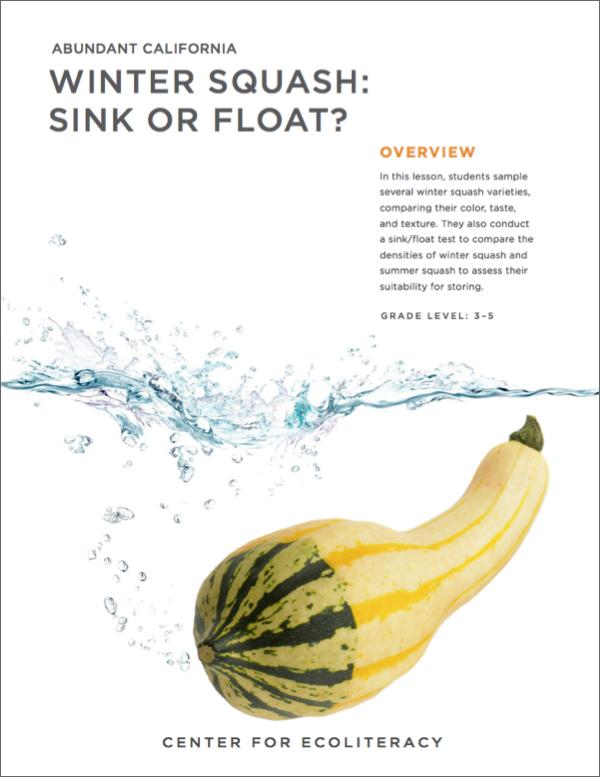
Winter Squash: Sink or Float?
Students sample several winter squash varieties, comparing their color, taste, and texture. In conducting a sink/float test, they learn about density and assess each variety’s suitability for storing.
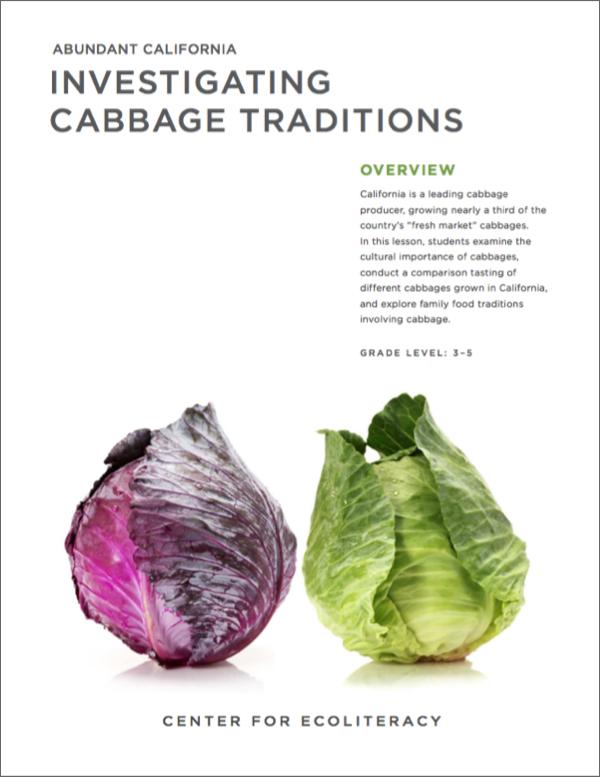
Investigating Cabbage Traditions
Students examine the cultural importance of cabbages, conduct a comparison tasting of varieties grown in California, and explore related family food traditions.
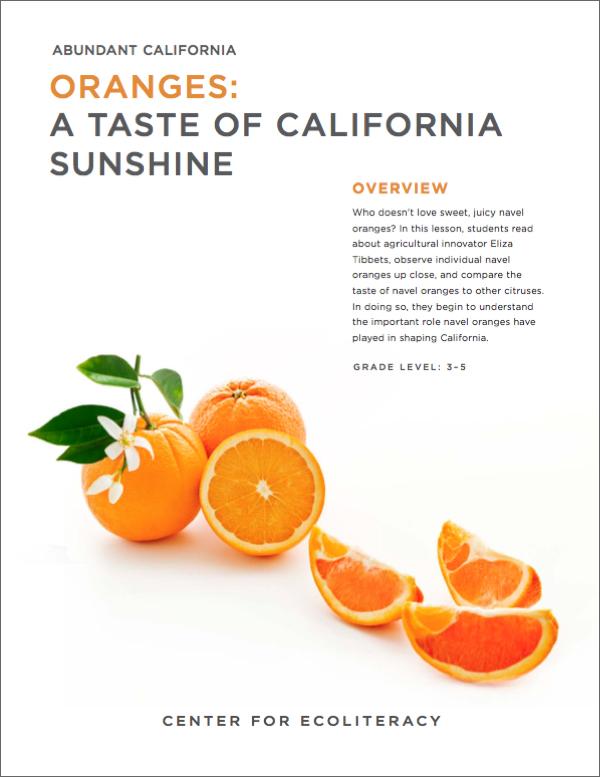
Oranges: A Taste of California Sunshine
Students learn about Eliza Tibbets, a California food pioneer, and extend their learning through observation and comparing the tastes of navel oranges to other citrus fruits.
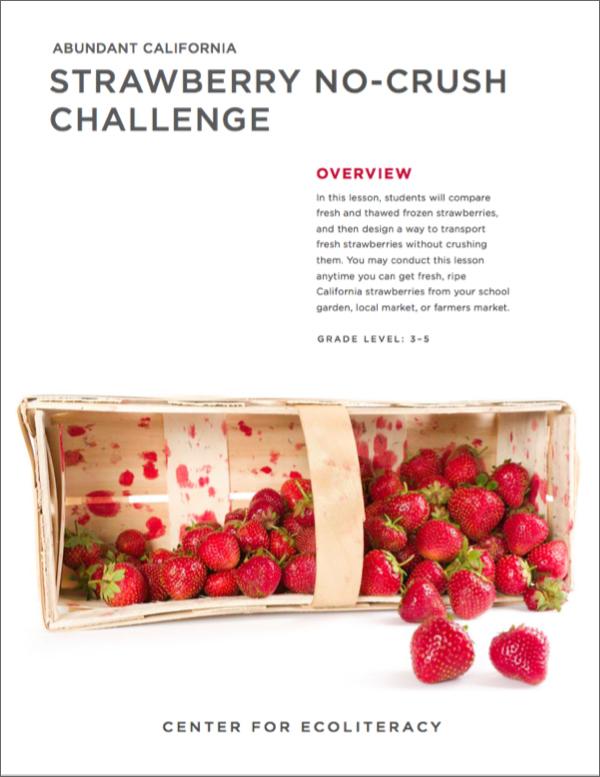
Strawberry No-Crush Challenge
Students compare fresh and thawed frozen strawberries and then design a way to transport fresh strawberries without crushing them.
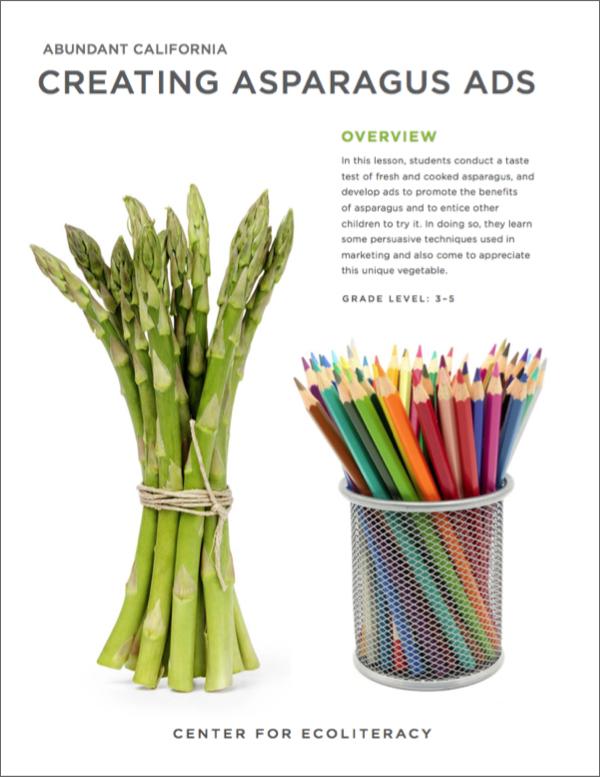
Creating Asparagus Ads
Students conduct a taste test of fresh and cooked asparagus, then develop ads to promote the benefits of asparagus and to entice other children to try it.
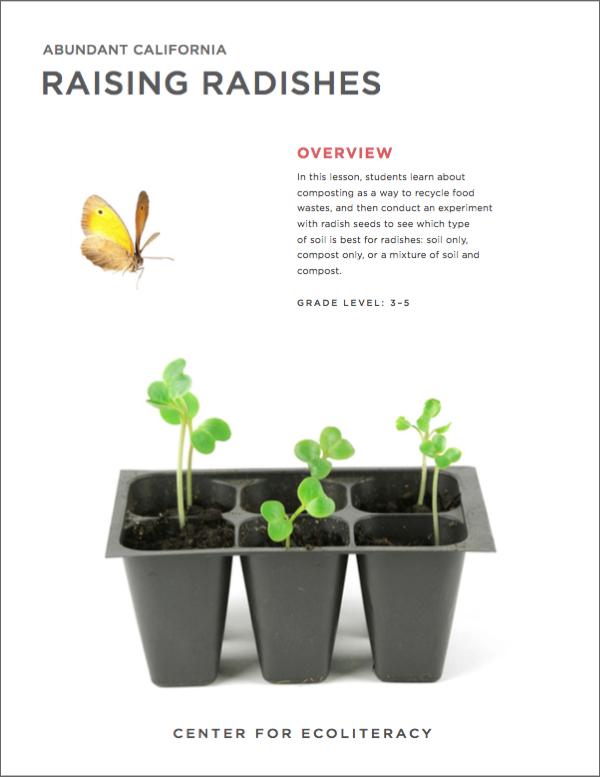
Raising Radishes
Students learn about composting as a way to recycle food waste, and then conduct an experiment with radish seeds to see which type of soil is best for radishes.


